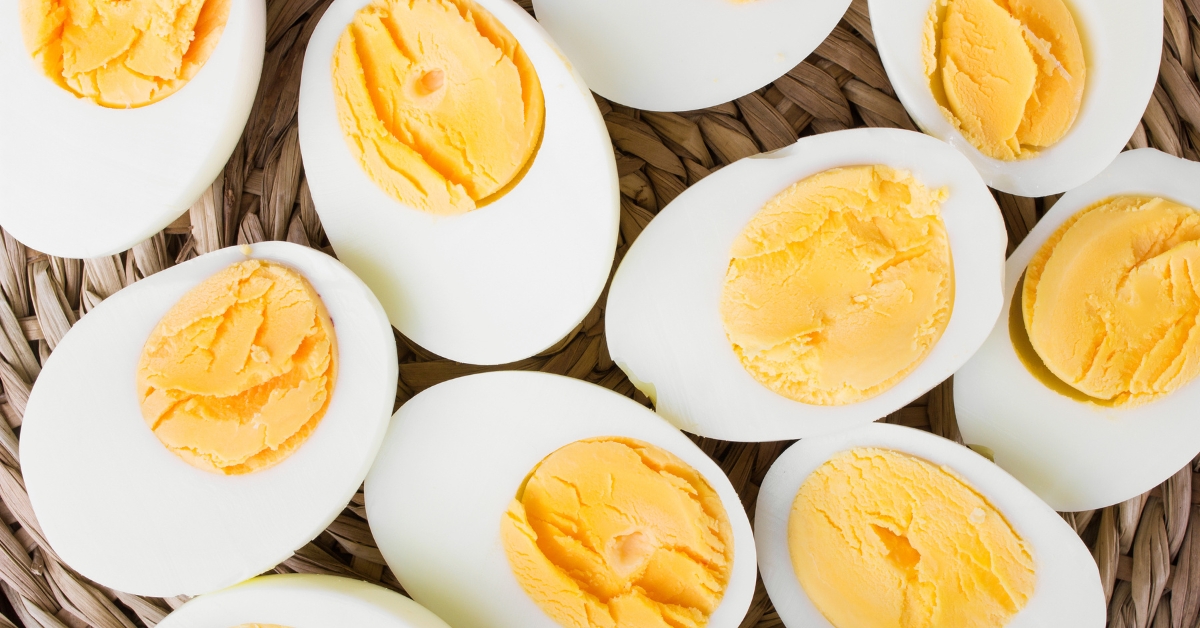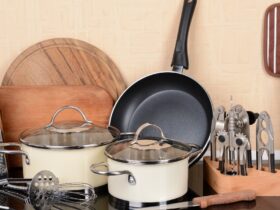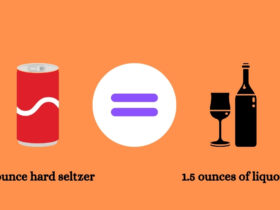Boiling eggs sounds simple—until you’re left with cracked shells, chalky yolks, or rubbery whites. If you’ve ever asked yourself, “How long does it take to boil a hard-boiled egg on the stove?” you’re not alone. The answer depends on when you start timing and how firm you want your yolk. But generally, for classic hard-boiled eggs with firm whites and a fully cooked, creamy yolk, the boiling time is 10 to 12 minutes after the water reaches a rolling boil.
Let’s walk through how to get perfect results every time, with tips, variations, and a breakdown of what affects boiling time.
What Is the Ideal Boiling Time for Hard-Boiled Eggs?
Once your pot of eggs and water reaches a rolling boil, reduce the heat slightly and set your timer:
- 6 minutes – Soft-boiled with a runny yolk
- 8 minutes – Yolk is mostly set but still a bit creamy in the center
- 10 minutes – Fully cooked, bright yellow yolk
- 12 minutes – Completely hard-boiled, firm yolk, no greenish tint if cooled properly
For traditional hard-boiled eggs, aim for 10 to 12 minutes of boiling.
How to Boil a Hard-Boiled Egg: Step-by-Step
I’ve boiled eggs countless times, and here’s the method that consistently delivers great results:
- Place eggs in a pot: Arrange the eggs in a single layer in a saucepan. Add cold water until they’re covered by about an inch.
- Bring to a boil: Set the pot over medium-high heat and wait for the water to reach a full rolling boil.
- Start your timer: As soon as the water boils, reduce heat slightly to maintain a gentle boil and start timing.
- Boil for 10–12 minutes: Depending on how firm you like the yolk.
- Cool immediately: Once done, transfer the eggs to an ice bath or run cold water over them to stop cooking.
Pro Tip: Don’t boil eggs at a hard, aggressive boil the whole time—it may crack the shells or make the whites rubbery. A gentle, steady simmer is best.
Does Egg Size or Freshness Affect Boiling Time?
Yes, slightly. Larger eggs may take 1 minute more, and very fresh eggs are harder to peel. If you buy eggs from the store, they’re usually a week or two old, which is ideal for boiling. If you use farm-fresh eggs, refrigerate them for a few days before boiling.
Why Use an Ice Bath After Boiling?
This step is often skipped, but it makes a big difference. An ice bath:
- Stops the cooking process
- Prevents the yolk from turning green
- Makes peeling easier by separating the egg white from the membrane
Let eggs chill in the ice bath for at least 5 minutes before peeling or storing.
Common Mistakes to Avoid
- Starting with boiling water: This causes uneven cooking and more cracked shells. Always start with cold water.
- Skipping the ice bath: Leads to overcooked eggs and harder peeling.
- Overboiling: More than 12 minutes can lead to a sulfur smell and green yolks.
- Cracking the shell before boiling: Increases the chance of leaks and floating whites.
How to Store Hard-Boiled Eggs
Hard-boiled eggs can be stored in the refrigerator for up to 7 days. It’s best to leave the shell on until you’re ready to eat them to prevent drying out. If peeled, keep them in an airtight container and eat within 3–4 days.
Use Cases: Beyond Breakfast
Hard-boiled eggs aren’t just for breakfast. Here are a few ways I love using them:
- Chopped in a Cobb salad or potato salad
- Sliced in a sandwich
- Deviled eggs for parties
- Added to ramen bowls or grain bowls
- On toast with avocado and pepper flakes
Final Thoughts
Boiling a perfect hard-boiled egg isn’t difficult once you know the timing—10 to 12 minutes from the boil is the magic number. Combine that with an ice bath and a gentle simmer, and you’ll get perfectly firm yolks and easy-to-peel eggs every time. A little patience goes a long way in turning this kitchen staple into a reliable snack or meal addition.
If you found this article informative, feel free to check out our other articles as well.







Leave a Reply